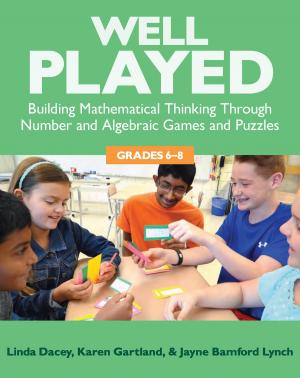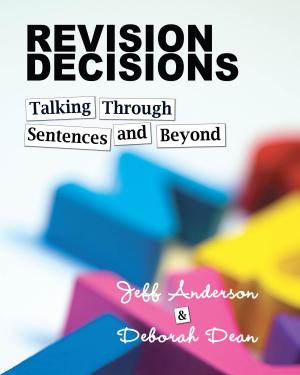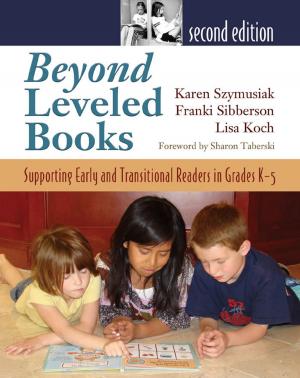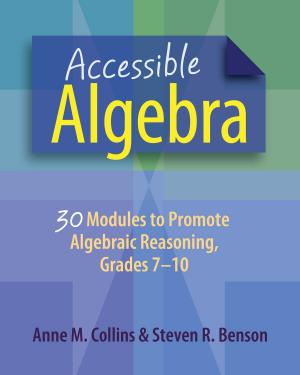| Author: | Linda Dacey, Rebeka Eston Salemi, Kathleen O'Connell | ISBN: | 9781625311610 |
| Publisher: | Stenhouse Publishers | Publication: | April 16, 2018 |
| Imprint: | Stenhouse Publishers | Language: | English |
| Author: | Linda Dacey, Rebeka Eston Salemi, Kathleen O'Connell |
| ISBN: | 9781625311610 |
| Publisher: | Stenhouse Publishers |
| Publication: | April 16, 2018 |
| Imprint: | Stenhouse Publishers |
| Language: | English |
To help students communicate their mathematical thinking, many teachers have created classrooms where math talk has become a successful and joyful instructional practice. Building on that success, the ideas in Why Write in Math Class? help students construct, explore, represent, refine, connect, and reflect on mathematical ideas. Writing also provides teachers with a window into each student’s thinking and informs instructional decisions.
Focusing on five types of writing in math (exploratory, explanatory, argumentative, creative, and reflective), Why Write in Math Class? offers a variety of ways to integrate writing into the math class. The ideas in this book will help you make connections to what you already know about the teaching of writing within literacy instruction and build on what you’ve learned about the development of classroom communities that support math talk.
The authors offer practical advice about how to support writing in math, as well as many specific examples of writing prompts and tasks that require high-cognitive demand. Extensive stories and samples of student work from K-5 classrooms give a vision of how writing in math class can successfully unfold.
To help students communicate their mathematical thinking, many teachers have created classrooms where math talk has become a successful and joyful instructional practice. Building on that success, the ideas in Why Write in Math Class? help students construct, explore, represent, refine, connect, and reflect on mathematical ideas. Writing also provides teachers with a window into each student’s thinking and informs instructional decisions.
Focusing on five types of writing in math (exploratory, explanatory, argumentative, creative, and reflective), Why Write in Math Class? offers a variety of ways to integrate writing into the math class. The ideas in this book will help you make connections to what you already know about the teaching of writing within literacy instruction and build on what you’ve learned about the development of classroom communities that support math talk.
The authors offer practical advice about how to support writing in math, as well as many specific examples of writing prompts and tasks that require high-cognitive demand. Extensive stories and samples of student work from K-5 classrooms give a vision of how writing in math class can successfully unfold.















